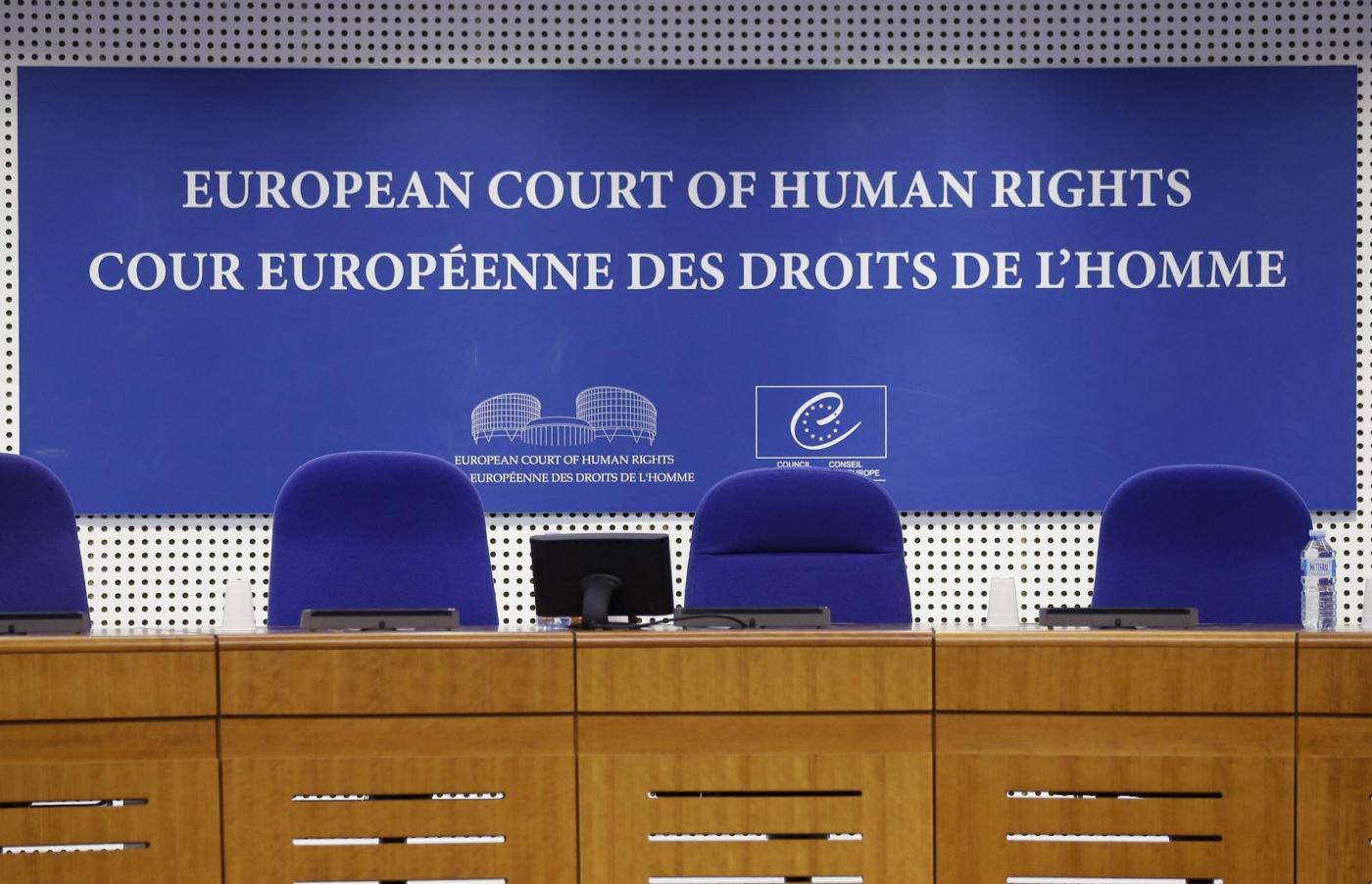On 20 October 2022, the European Court of Human Rights (ECtHR) gave a judgment in the case M.T. and Others v. Sweden (Application no. 22105/18). The case concerned the Swedish authorities’ refusal to grant residence permits to a mother and her son who were in Syria with a family member who had been granted subsidiary protection in Sweden. The applicants were temporarily suspended the right to family reunification for three years due to a legislative change which applied to beneficiaries of subsidiary protection status and was a different treatment from those beneficiaries with refugee status.
The Court initially addressed a potential breach of Article 8 of the Convention by referring to its judgment in the case of M.A. v. Sweden (Application no. 6697/18), where it found a violation of Article 8 ECHR for the refusal to grant family reunification to a long-term married couple owing to a three-year waiting period applicable to beneficiaries of temporary protection. The Court found that in contrast with M.A., M.T. and Others was the result of a temporary suspension and that the waiting period for family reunification applicants was gradually reduced as the three years were passing. Furthermore, the ECtHR considered that the sponsor had limited ties with Sweden and that there were no signs of vulnerability or dependency on his family members. The Court was satisfied that the authorities assessed the applicants’ individual circumstances, their interests and dependence on each other. In the Court’s view, the suspension of their family reunification would not “exacerbate the disruption of an essential cohabitation”, as was the case in M.A. v. Denmark, in which the family reunification concerned a long-term married couple. For the above reasons, the Court found no reason for questioning the rationale for a waiting period of two years and considered, having regard also to their margin of appreciation, that the authorities of the respondent State struck a fair balance when suspending the applicants’ right to apply for family reunification.
The Court subsequently examined the alleged breach of Article 14 read in conjunction with Article 8 of the Convention for the different treatment that the applicants had as beneficiaries for subsidiary protection in comparison with those who had been granted asylum/refugee status. It noted that the conditions of persons who flee a general situation are substantially different as they may generally have a more “temporary” need for protection than those with a refugee/asylum status. Secondly, the number of asylum seekers who rely on a general situation in Syria is higher, and that the procedure for granting the status is different. The Court referred to EU Law maintaining that the legislation itself restricts the right to family reunification to persons under subsidiary protection and differentiates them from refugees with recognized status. For these reasons, the Court was positioned to acknowledge that there are factual and legal arguments in favour of considering that persons fleeing a general situation in their country of origin are not in an analogous situation to that of persons who have fled owing to an individualised risk of persecution or ill-treatment as regards the need for protection and also as regards the need for family reunification.
Nevertheless, in the particular case, the applicant in respect of the right to family reunification was in an analogous or relevantly similar situation to that of persons granted refugee status, thus leaving the assessment to be examined in terms of its proportionality. As they were de facto only covered by the suspension for less than one year and a half, the Court has satisfied that the Swedish authorities struck a fair balance between and found that the differential treatment of the applicants reasonably and objectively justified by the need to ensure the effective implementation of immigration control, and that the effect of the differential treatment was not disproportionate to the legitimate aim pursued. Consequently, it declared that there had been no violation of Article 14 taken in conjunction with Article 8 of the Convention.

